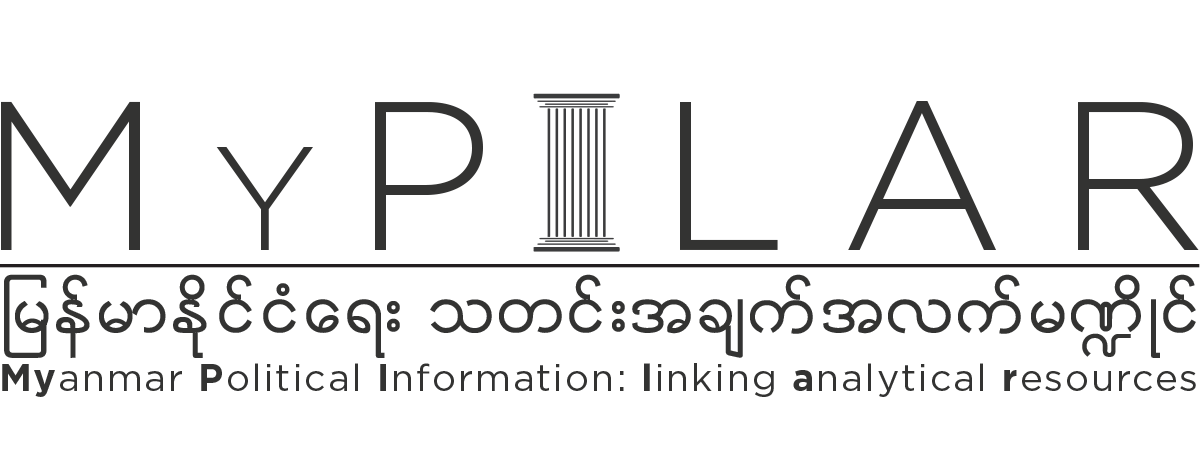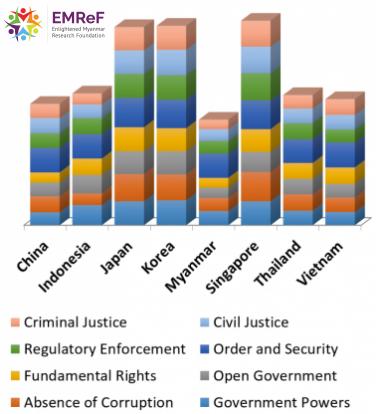The concept of “rule of law” is generally understood to be an important building block in Myanmar’s democratic transition, but the specifics of why it is important and how it is achieved are often more complicated and less familiar. Political leaders, civil society activists, and members of the international community regularly invoke “the rule of law” as a necessary part of the country’s reform agenda, but these rally cries may not be accompanied by a clear articulation of what rule of law looks like in practice or who is responsible for its application. At the same time, there can be widely diverging interpretations of “the rule of law” among different groups.
In light of these varying perspectives, this brief report aims to introduce the basic principles of rule of law to contribute to a shared understanding of its meaning. It is also hoped that the concept of rule of law can be lifted out of academic theory to be used as a practical tool when strategizing about real social and political aspirations.
This analysis is part of the big report and available only in English for now.



